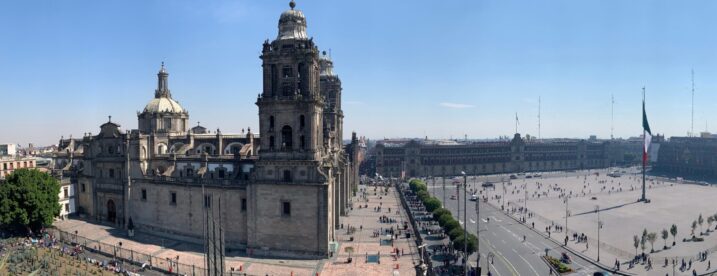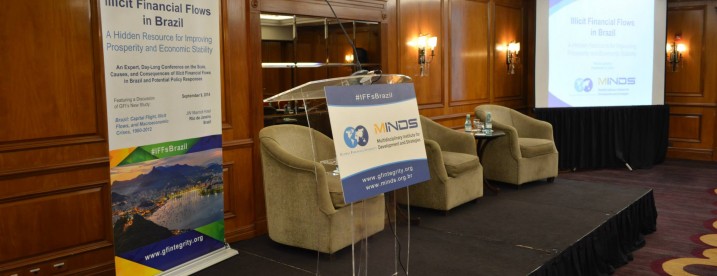By Katherin Alfonso, Karen "Alex" Lopez, December 6, 2022

Today, Mexico is among the three Latin American countries with the highest rates of wildlife trafficking. This problem is complex, especially considering one of their increasingly prolific partners is China.
WASHINGTON D.C. – Global Financial Integrity (GFI) presenta un importante análisis, resultado de entrevistas y encuestas con más de 250 expertos en crímenes financieros de América Latina y el Caribe. La investigación revela que los países de...
Global Financial Integrity is pleased to present a comprehensive survey of 250 financial crime experts in Latin America and the Caribbean. The survey shows that countries in the region need to address significant weaknesses in their effort to combat money laundering if corruption, which generates massive illegal proceeds, is to be curtailed.
by Pedro Izquierdo Addressing trade misinvoicing is a complex endeavor as it is considered one of the weakest links in the fight against money laundering, especially in developing countries like Mexico and Colombia. Trade misinvoicing is one...

By Andrew Peters Corruption perception, not incidence, is the biggest predictor of violence. Security and corruption are the main concerns of the Mexican public. So what factors lead to violence and corruption? How are violence and corruption...
By Heather Lowe, February 8, 2018

Yesterday’s announcement of a guilty plea by Rabobank NA with corresponding penalty and forfeiture of $369 million did not immediately strike people as new or surprising. In fact, the pattern of anti-money laundering/Bank Secrecy Act (AML/BSA) violations...

US$7.8 Trillion drains from Developing World from 2004-2013
Trade Fraud Responsible for Illicit Outflows of US$6.5 Trillion
China, Russia, Mexico, India, Malaysia are Biggest Exporters of Illicit Capital over Decade
Sub-Saharan Africa Still Suffers Largest Illicit Outflows as % of GDP
WASHINGTON, DC – Illicit financial flows from developing and emerging economies surged to US$1.1 trillion in 2013, according to a study released Wednesday by Global Financial Integrity (GFI), a Washington, DC-based research and advisory organization. Authored by GFI Chief Economist Dev Kar and GFI Junior Economist Joseph Spanjers, the report pegs cumulative illicit outflows from developing economies at US$7.8 trillion between 2004 and 2013, the last year for which data are available.

Photos from “Illicit Financial Flows: The Most Damaging Economic Problem Facing the Developing World,” a 2-day conference in Washington, DC that was hosted by Global Financial Integrity and held at the National Press Club.





